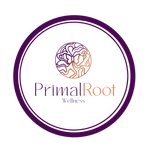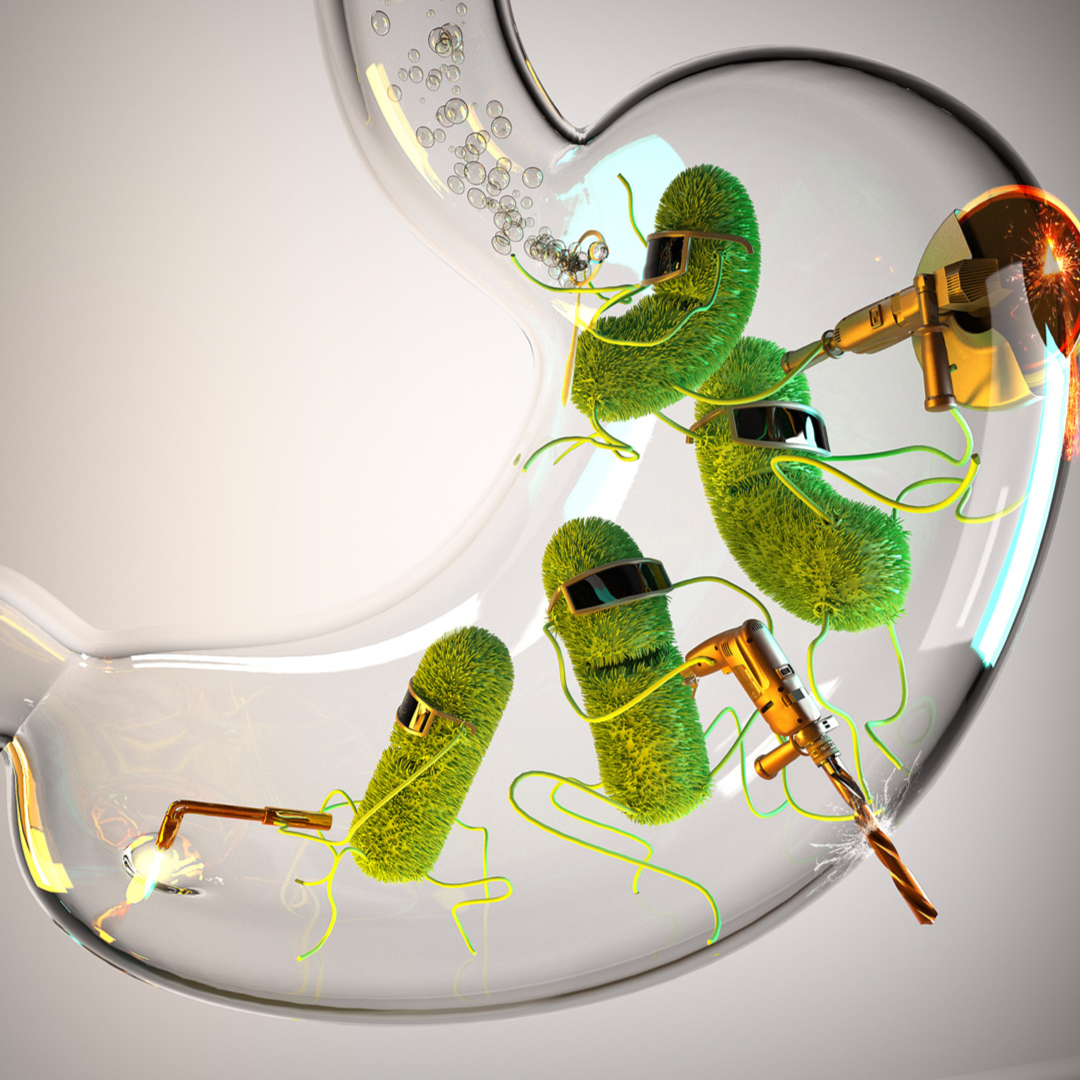Like most, when someone gets sick, they head to the doctor. What do most doctors do? Prescribe an antibiotic… but they are missing a critical step post usage that is wreaking havoc with people’s wellness.

In this blog post, we will explore the dark side of antibiotics and how their overuse and misuse have led to a public health crisis.
To understand why antibiotics have become such a problem, we need to first understand how they work. Antibiotics are designed to kill bacteria or prevent them from reproducing, and they are very effective at doing so. However, they do not discriminate between good (beneficial) and bad (opportunistic) bacteria. This means that when we take antibiotics, we not only kill the harmful/opportunistic bacteria causing the infection, but we also kill the beneficial bacteria that keep our bodies healthy and in balance.
The consequences of this disruption to our microbiome can be severe- I see this daily in working with clients. Studies have linked antibiotic use to a range of health problems, including obesity, diabetes, allergies, and autoimmune diseases. Antibiotics have also been shown to increase the risk of certain cancers, such as breast and colon cancer. The more antibiotics we take, the greater the risk of these health problems and the vicious cycle continues.

But it's not just our individual health that is at risk from antibiotic overuse. The widespread use of antibiotics has led to the emergence of antibiotic-resistant bacteria, or superbugs, which are immune to the effects of antibiotics. This means that infections that were once easily treated with antibiotics are now much more difficult to treat, and can even be deadly.
It has been estimated that by 2050, 10 million worldwide deaths could result from antibiotic resistance, making it deadlier than cancer.
The problem of antibiotic resistance is a global one, and it is getting worse. According to the World Health Organization, antibiotic resistance is one of the biggest threats to global health, food security, and development today. If we continue to overuse and misuse antibiotics, we could be facing a future in which common infections become life-threatening once again.
So what can we do to address this problem? The first step is to recognize that antibiotics are not a cure-all for every illness. Antibiotics are only effective against bacterial infections, not viral infections such as the common cold or flu.
If antibiotics are needed, the most important thing is to have plan in place post antibiotic use. This is the step many miss, and this is what leads to all sorts of health issues, be it immediate or down the line.
I cannot stress this enough: If you are prescribed antibiotics, ask your doctor if there is another option before accepting the antibiotics and don’t be shy about it. It is absolutely imperative that you are your own advocate and ask your provider questions. If they don’t want to take the time to answer your questions, find a new provider immediately.

Another important step is to focus on prevention. Besides the normal washing your hands regularly, covering your mouth when you cough or sneeze, it is important to also protect and support your gut daily. Eating a healthy diet, exercising / movement regularly, and getting enough sleep can also help keep your immune system strong and reduce your risk of infection.
Homemade Kefir is one of my favorite multi- functional foods to protect and support the gut daily. Kefir, when made with real kefir grains is the most diverse and potent natural forming probiotics PLUS also bioavailable vitamins and minerals. You can check out more information HERE on kefir - and I’ll be doing a blog post soon on Kefir :-)
In conclusion, antibiotics have undoubtedly been a game-changer in the medical field, saving countless lives and treating many bacterial infections. However, it is also crucial to recognize the potential harm they can cause to our bodies, particularly to the delicate balance of our gut microbiome. Even a single dose of antibiotics can cause a long-lasting impact on our health, leading to various health issues in the future.
This is why post-antibiotic care is crucial to restore the gut's healthy balance and prevent any further damage. As someone who has been helping people and families with post-antibiotic care for years, I can attest to the effectiveness of this approach in promoting long-term health.
Therefore, if you have taken antibiotics in the past, please prioritize post-antibiotic care to help restore the gut microbiome balance to avoid any potential health issues.
Remember, prevention is always better than cure!
Your Wellness Girl,
Nicole
“Nourish Your Roots ~ Transform Your Life”
> PrimalRoot Wellness is your go-to source for achieving optimal health and wellness. I am dedicated to helping you reach your goals through personalized programs and support. Whether you're struggling with autoimmune, weight management, gut health, or stress, I / PrimalRoot Wellness is here to help you make lasting, positive changes. Contact today to learn more about our services and start your journey to a healthier, happier you. HERE
Note: When you leave a comment below, I will respond via email :-)


3 comments
This is so amazing and exactly what my house is going through. I cannot wait until the Kefir blog comes out. I need more info on how to stop the antibiotics cycle.
Dr. Davis, in his book Super gut, provides great info on this and especially the one strain that is being wiped out, lactobicillus reuteri. Coincidentally, the is strain is used the clean/kill other bacteria in labs. Sadly, it is the first to die from antibiotics so many are deficient.
I have been on so many rounds of antibiotics and all the docs suggest is yogurt. Is that even considered a plan? What do you suggest I do to stop this cycle?